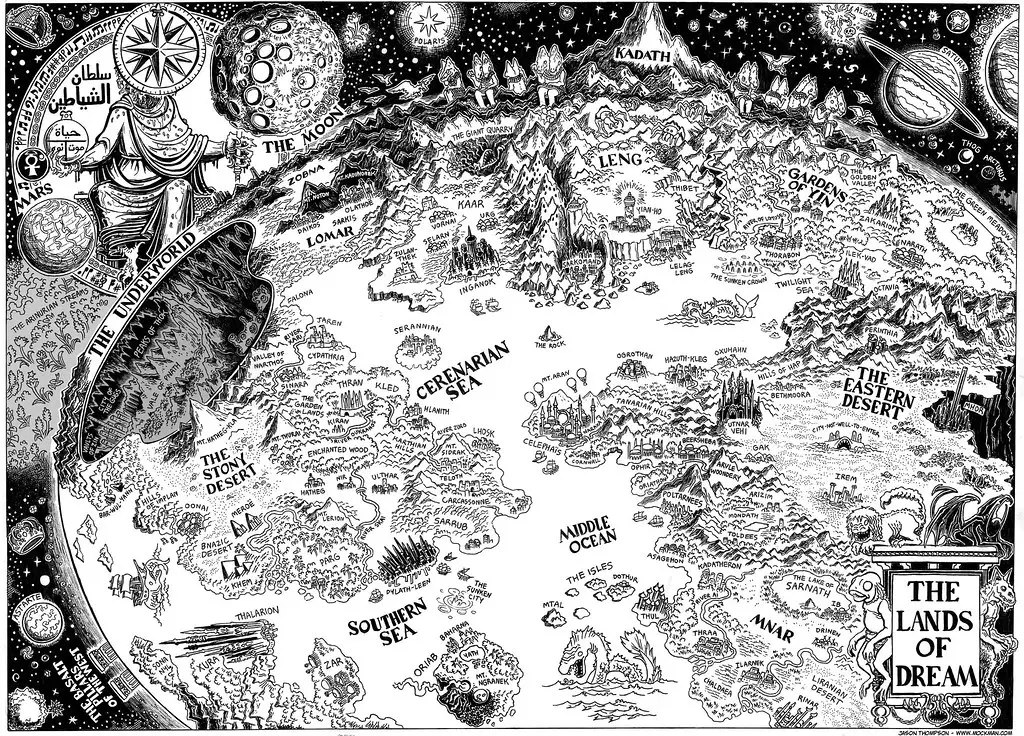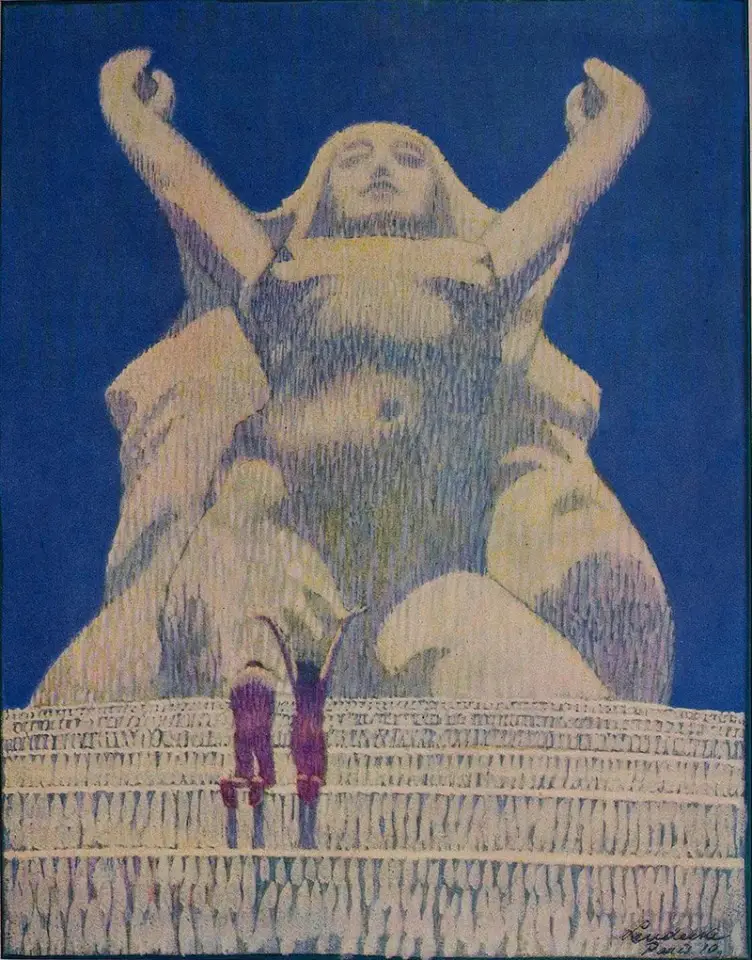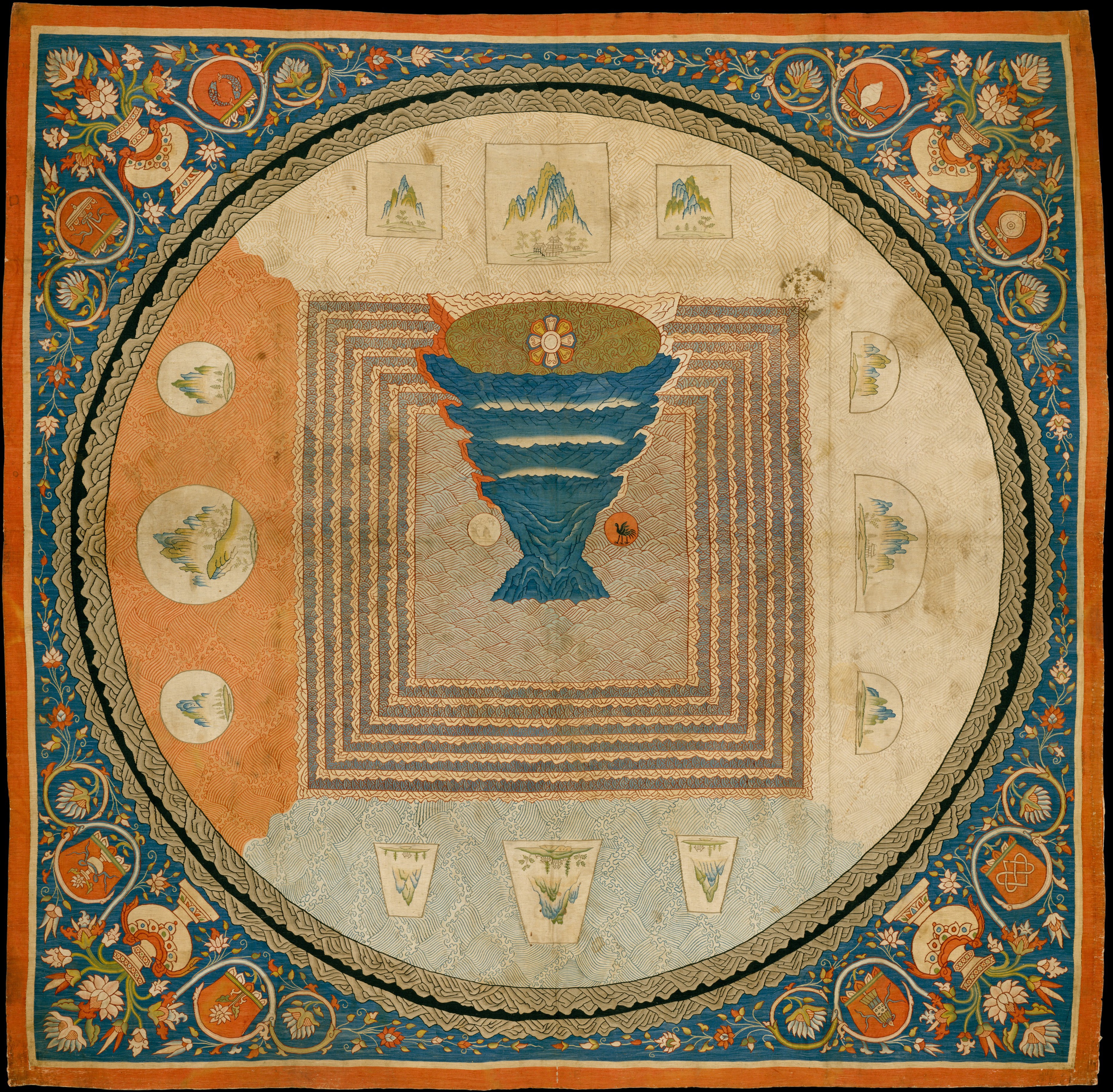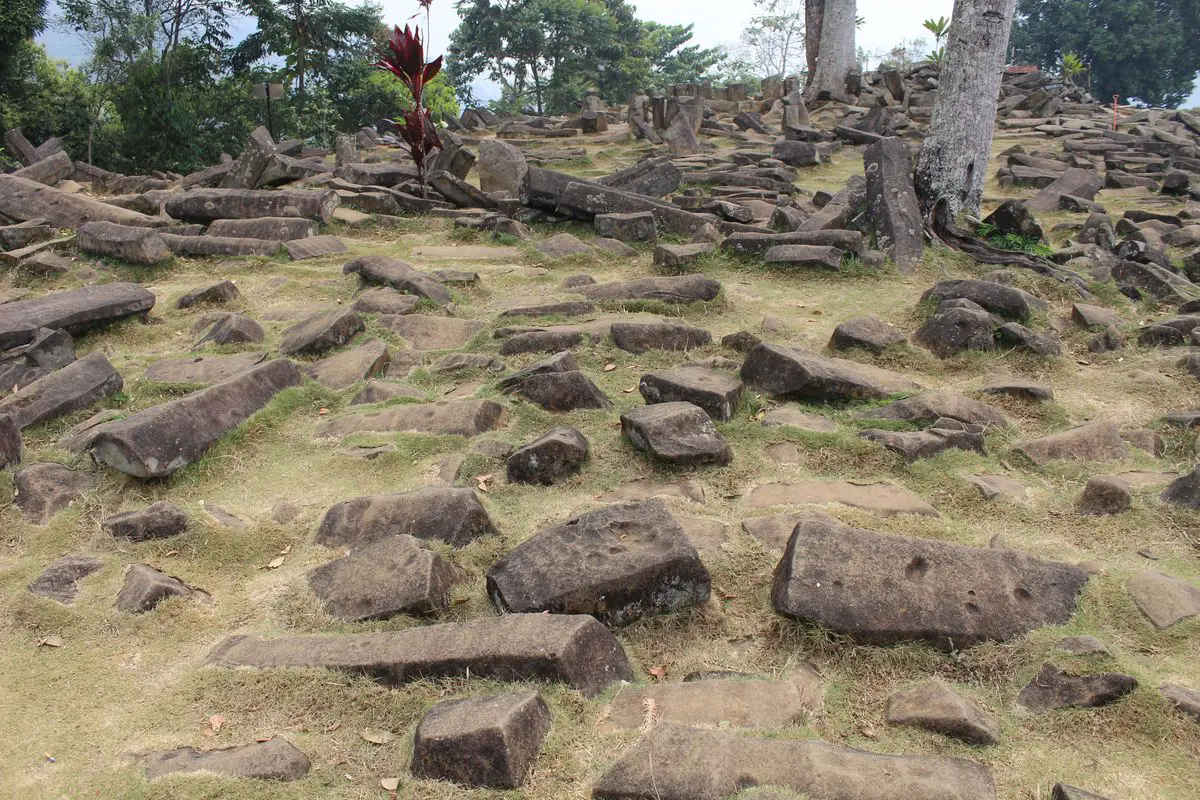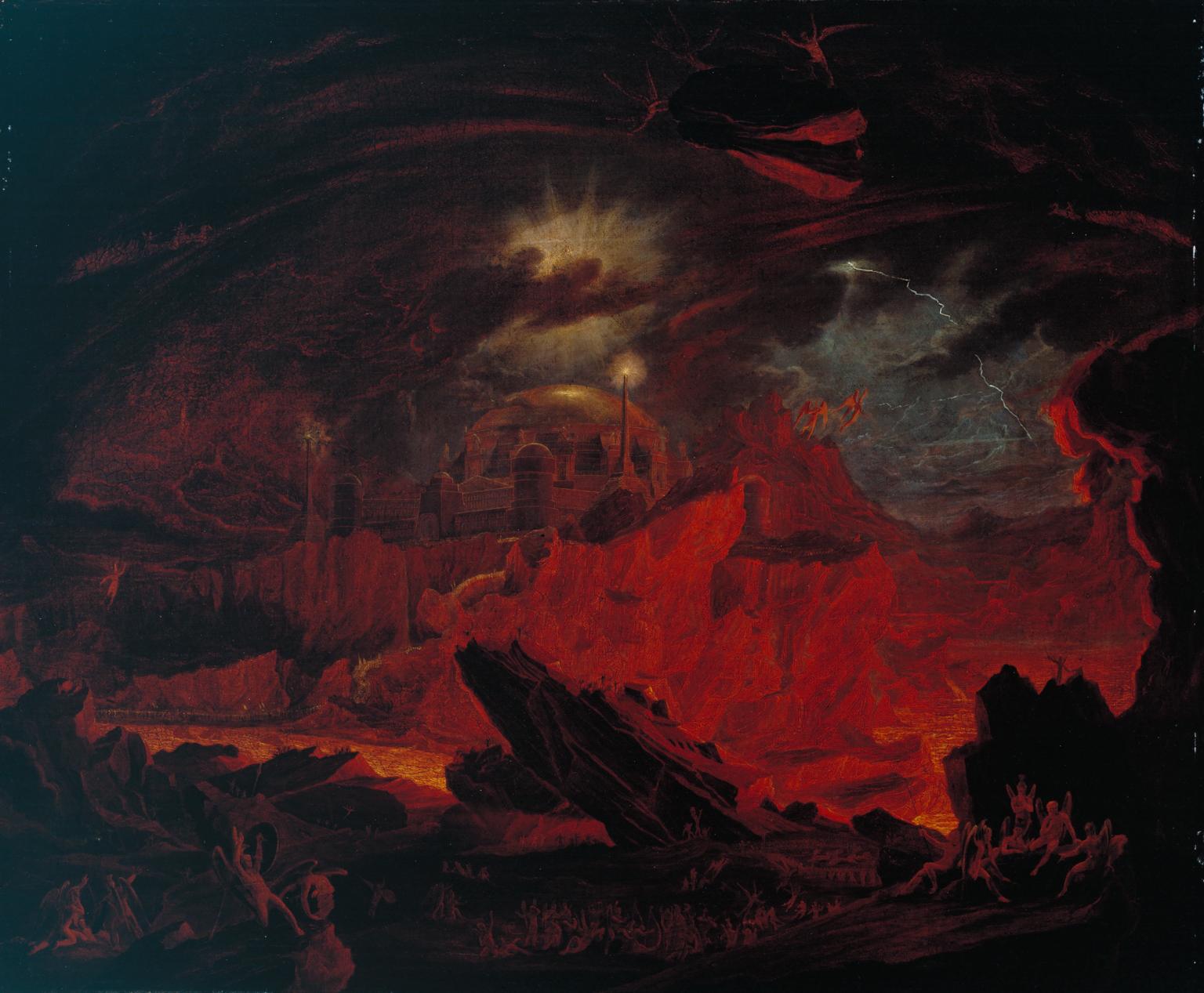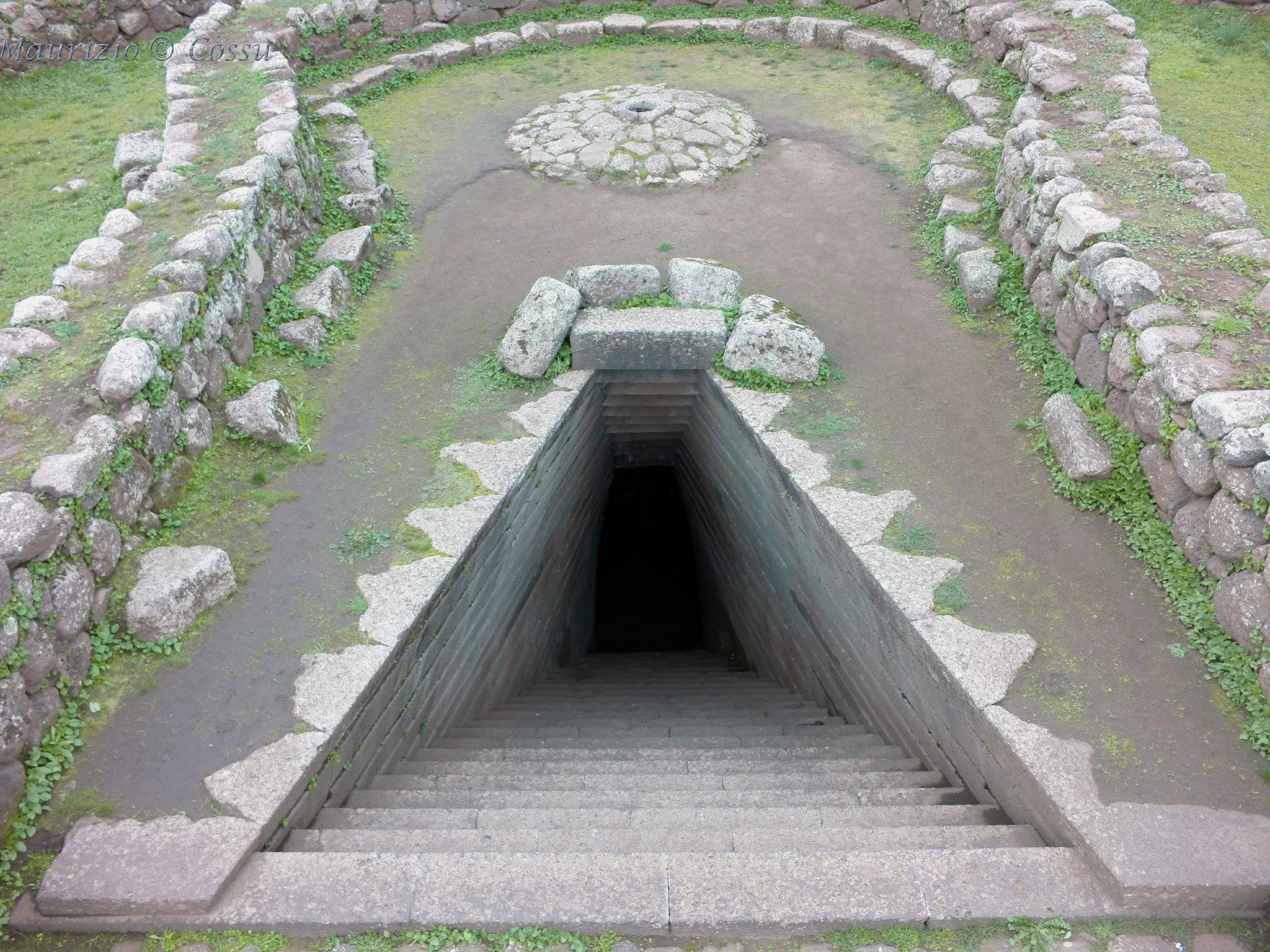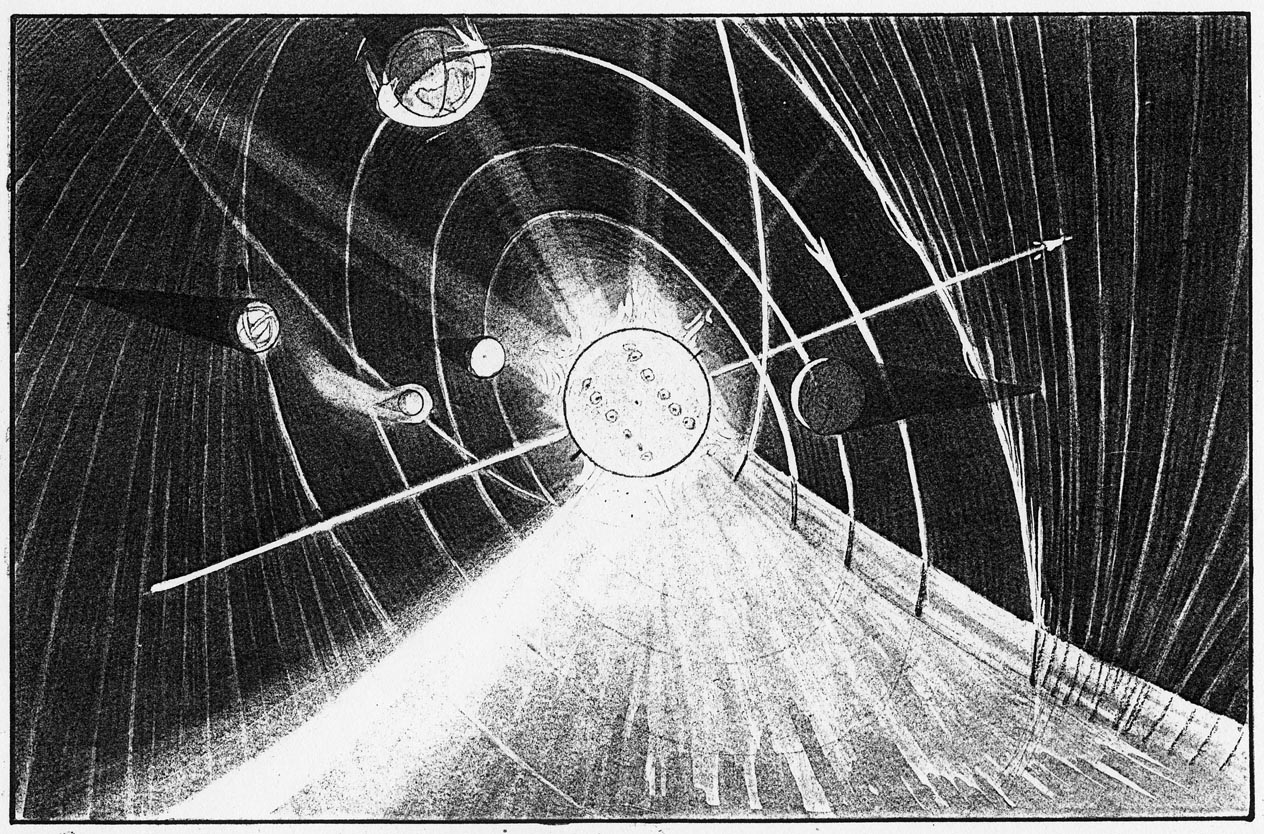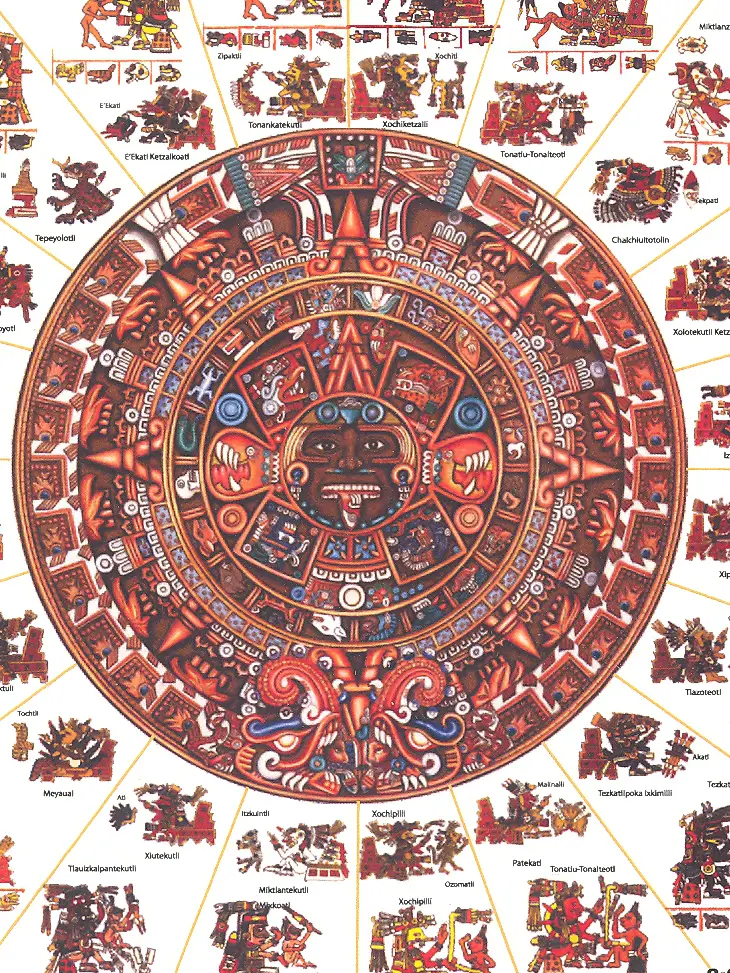Tag: Atlantis
HP Lovecraft, the "lost worlds" and Theosophy
One of the things that most strike the reader who is familiar with the themes of esotericism is the large amount of traditional elements in Lovecraft's stories, which is very strange when one takes into account that he defined himself as a convinced advocate of mechanism and materialism. . These concepts, including that of the so-called "lost continents", did not come to him through authentically traditional sources, but through the cogitations and narratives of the theosophists of the late nineteenth century, which also inspired some colleagues of the Providence Dreamer, such as Clark Ashton Smith and Robert E. Howard.
The Amazons and the Origins: on the theory of "primordial matriarchy"
Beyond the prejudices and ideological constraints that over the centuries have compromised the veracity of historical research, it is necessary to reconstruct a theory of the "primordial matriarchy" that proceeds through the comparison of different studies and does not exclude a priori the hermeneutics of myth: here we try to analyze in a comparative way the working hypotheses of JJ Bachofen, Marija Gimbutas and Herman Wirth
Uttara Kuru, the Boreal Paradise in Indian cosmography and art
Giuseppe Acerbi examines the theme of the Boreal Paradise in the Hindu tradition, framing it in the doctrine of cosmic cycles and highlighting its correspondences with the Hesiodic and Platonic tradition, finally analyzing the symbolisms that are found in the artistic representations of this locus amoenus.
Gunung Padang: the Javanese "Mountain of Light", between (fanta) archeology and folklore
We went to the island of Java in Indonesia to visit Gunung Padang, an enigmatic archaeological site that some have called "the oldest pyramid in the world". From the “Out of Sunda” theory to the recent surveys with the carbon-14 method, we will try to give a historical location to the “Mountain of Light”, between (fanta) archeology and folklore.
"Underground" civilizations in myth, occultism and "alternative reality"
Simultaneously with the publication of our article on "Underworld Civilizations in Fantastic Literature" appeared in Cosmic Dimension, we have drawn up here a brief excursus on the same topos in the sacred traditions, in the esoteric sphere and in the "alternative reality" of the twentieth century
Sacredness, myth and divinity in the civilization of the ancient Sardinians
The chosen land of a heroic and warrior elite who lived pervaded by the dimension of the Sacred, Sardinia can rightly be counted among the most important spiritual centers of antiquity: the aim of this study is to reconstruct through the lenses of history, of myth and tradition the development of the ancestral Sardinian ethnos and its culture
Hanns Hörbiger: the theory of Cosmic Ice
Taken from Louis Pauwels and Jacques Bergier «The morning of the wizards», Part II, chap. YOU
Ice and fire, repulsion and attraction fight eternally in the Universe. This struggle brings about life, death and the perpetual rebirth of the cosmos. A German writer, Elmar Brugg, wrote a work in praise of Hörbiger in 1952, in which he says:
“None of the doctrines that explain the Universe brought into play the principle of contradiction, of the struggle of two opposing forces, which nevertheless the soul of man has been feeding on for millennia. Hörbiger's undying merit is in powerfully resurrecting the intuitive knowledge of our ancestors through the eternal conflict of fire and ice, sung by the Edda. He exposed this conflict in the eyes of his contemporaries. He gave the scientific basis to this grandiose image of the world linked to the dualism of matter and force, of the repulsion it disperses and the attraction it unites. "
Enigmas of the Mediterranean: the Guanches, the 'Peoples of the Sea' and Atlantis
An attempt at classification (cultural, anthropological and genetic) of the mysterious population of the Guanches, ancient inhabitants of the Canaries, and a look at the Hellenic myths concerning the "Fortunate Islands" and the 'mythical' war against Atlantis
A cosmogonic reading of the pantheon of the Mexica tradition, in a perspective of religious syncretism
The Aztec religion is a Mesoamerican religion that combines elements of polytheism, shamanism and animism, as well as aspects related to astronomy and the calendar. Aztec cosmology divided the world into three levels: an upper one, seat of the celestial gods, a lower one, seat of the underworld powers, and a middle one, in which the human consortium lives, equidistant from the gods and demons of nature and the subsoil. The concept of Theotl it is fundamental in the Aztec religion. In language Nahuatl it is often considered synonymous with "God", even if, to be more precise, it refers to a more general concept, which refers to the immaterial dynamic energy of divinity (tona), similar to the Polynesian concept of mana. As the Tapas of the Indo-Aryans, this tona it is not always beneficial, since an overabundance of it brings death and destruction [Torres 2004, p.14].


